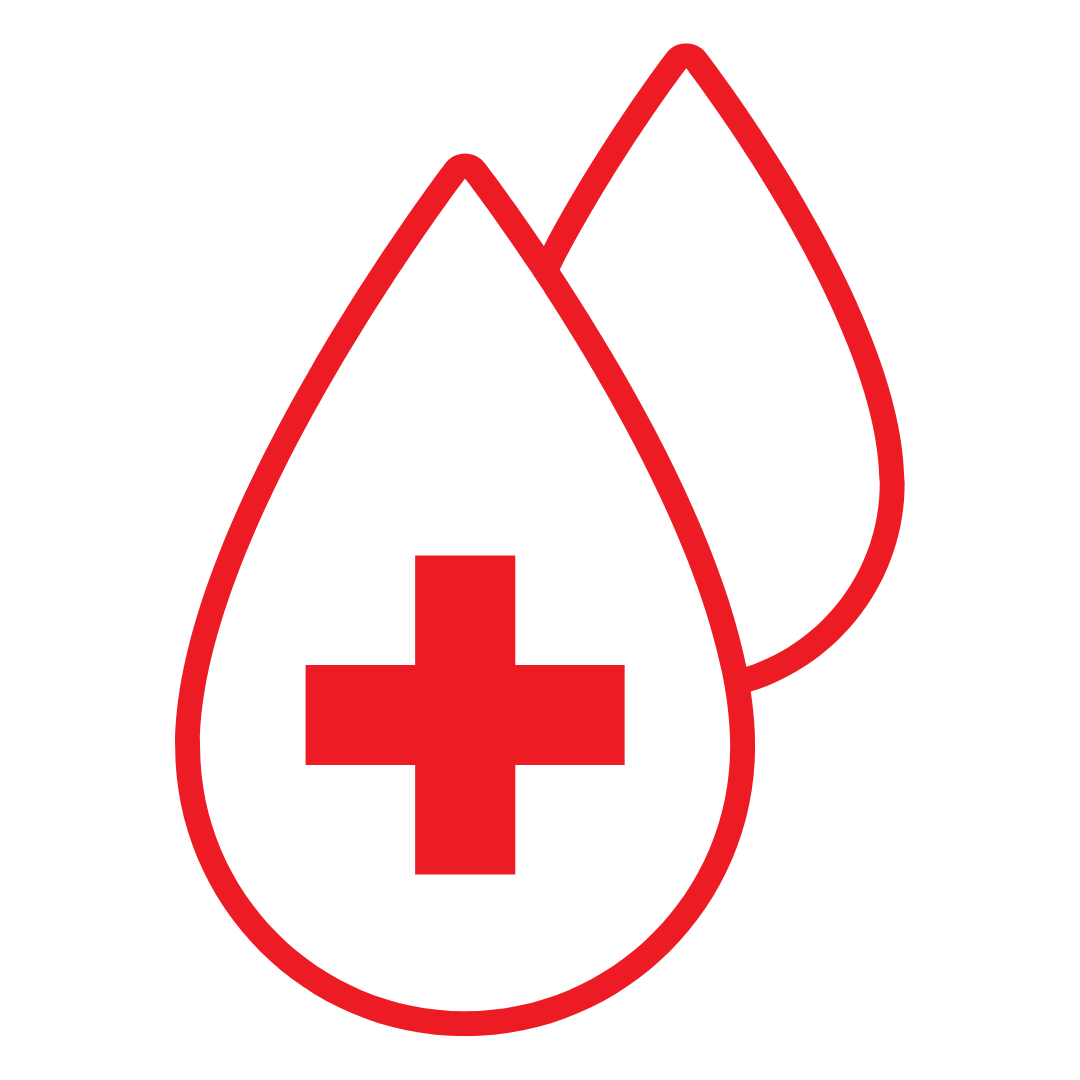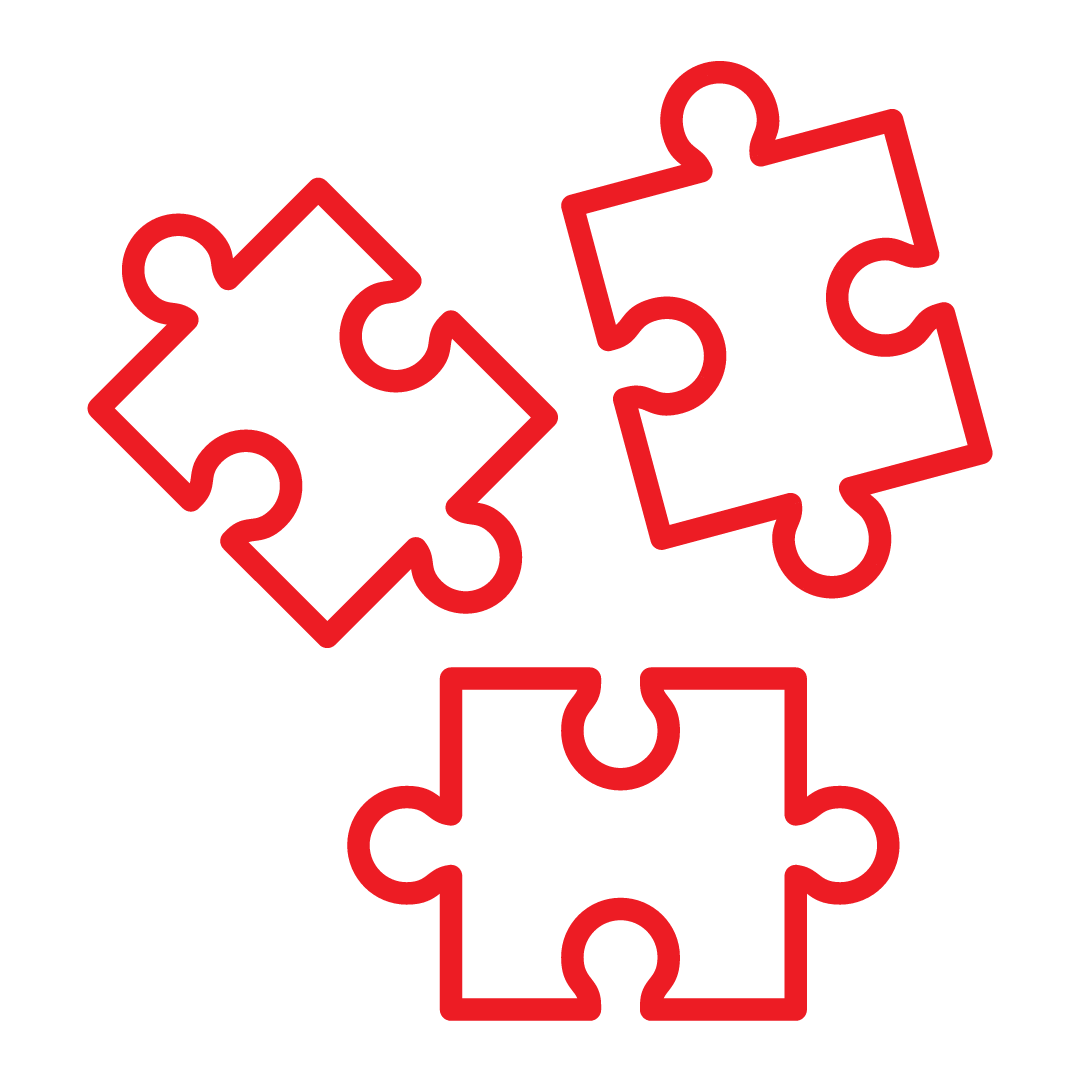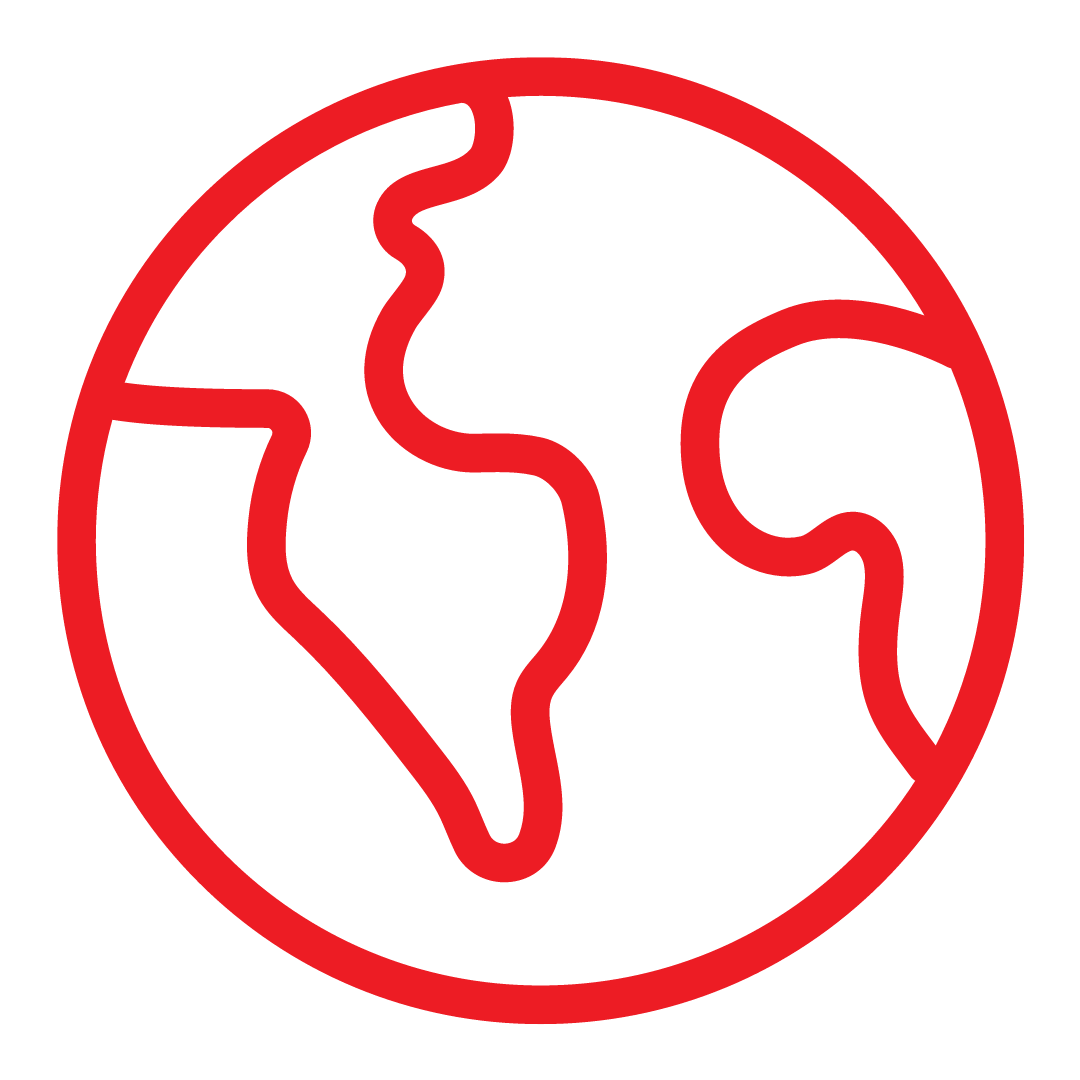Diversity of blood groups
Did you know that apart from the ABO and RH (Rhesus) systems, which define the main blood groups, there are many other distinctive features?
What determines a blood group are these distinctive features present on red blood cells and called antigens. Together, they constitute the phenotype. It is unique in each person, inherited from their parents and influenced by their origins.
These differences can be compared with the multiple variations of hair colour, although they are grouped into large categories (brown, blond, red, black).



